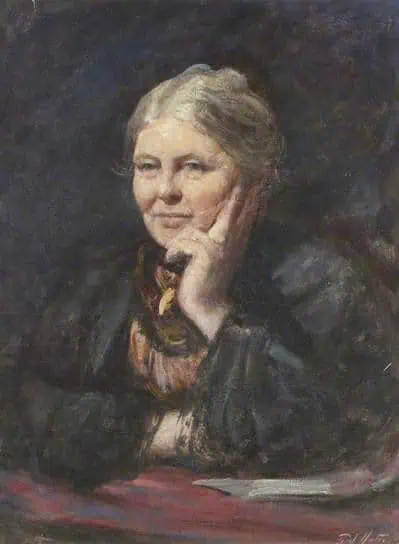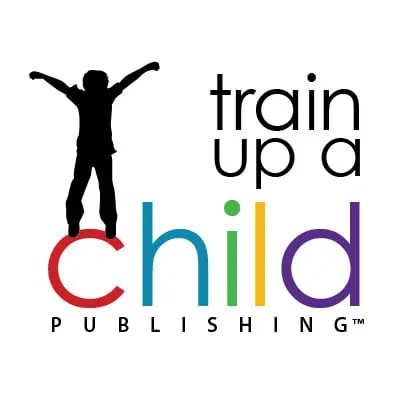Who is Charlotte Mason?
If you’ve homeschooled for a while (or even read about it), you’ve probably heard of the Charlotte Mason method of homeschooling.
When we started homeschooling, we immediately began using textbooks, like many parents who attended public school. Then we heard about Classical Homeschooling, which used excellent literature, but expected way too much writing for my younger children. This was better, but not quite the right thing.
Then, while wandering the aisles at my first homeschool convention, I learned about Charlotte Mason homeschooling. This. This is what I wanted to do!
Over the years, I modified it a bit to fit us better. And helped me bring my kids’ homeschool education to life!

Read more about Ms. Mason here:
Charlotte Mason, an innovative British educator who lived at the turn of the century, was educated primarily at home by her parents.
Many homeschoolers have adopted her methodologies because they coincide with how children naturally grow and learn.
Ms. Mason believed, first and foremost, that there is no higher calling than the God-given responsibility to raise children. She believed that children were not created as ‘blank slates,’ but instead, they were little people created in the image of God and worthy of respect.
According to Charlotte, our responsibilities as parents included having a vision of who our children were designed to become. This vision helped parents see the ‘entire child’ and balanced character training and education instead of letting one thing become important to the extent that the other is sacrificed.
She suggested that educational methods should help our children grow into who God designed them to be – not only for the purpose of being a blessing to us as parents but also to society as a whole.
About Charlotte Mason’s Beliefs
As expressed in Volume 1 of her Original Homeschooling Series, Miss Mason believed that there were natural spiritual laws directing how we should raise our children. These principles included:
- Parents are to model and teach love, respect for, and trust in God.
- Children have an innate, God-given sense of right and wrong. We strengthen that when we hold children to high standards of behavior rather than indulging them and laughing at their misbehaviors when they are small. We are to teach them that right behavior is expected because it is right, not merely to fulfill our personal parental preferences.
- It is our responsibility as parents to model and teach our children habits of self-discipline, self-control, and self-motivation. We should try to instill these so thoroughly into our children that they automatically and habitually obey correctly rather than constantly being faced with choosing the right course of action or one that leaves a lot to be desired.
- The most important habits to cultivate early are moral habits (doing what is right) and the habit of focused attention, both of which will prepare children for educational training later.
- Children, especially before age six, should spend as much time as possible outside learning to enjoy, appreciate, observe and describe nature.
Charlotte Mason’s Practical Methods
In Volume 6 of Charlotte’s Original Homeschooling Series, she describes in detail her beliefs. She also outlines, per age level, her practical teaching methods. We list a few of her most common tenets, which are also incorporated into Train up a Child Publishing curriculum:
- Children should learn as many subjects as possible using whole, living books. Living books are engaging books written by those passionate about a subject rather than poorly-written, ‘dumbed-down’ versions.
- Your children’s lessons should be short in duration and vary in location. You can enhance lessons by being outdoors when possible, especially for younger children.
- Studying history using whole books to read biographies and literature about people and events is more effective than just memorizing dry facts and dates.
- Children best learn Grammar and composition when they are old enough to grasp these abstract ideas (third/fourth grade*) and are best taught using continued narration, dictation, and copywork.
*Although in our Daily Lesson Plans, we do introduce end punctuation and other grammar and composition concepts earlier, it is just that – an introduction. We leave it up to parents to decide when their children are ready for mastery or whether they want to make the introduction.
More of Charlotte Mason’s practical methods
- Composition before this time should be primarily in the form of oral narration. You can easily incorporate oral narration into history, geography, and science studies.
- Narration over reading is an optimal way to train children’s minds to recall details, organize thoughts, increase memory function, and develop competent communication skills.
- Fine arts should be an integral part of children’s curriculum: Art, music, literature, and architecture produced within a historical period are best studied within the context of that period.
- Use whole books and what you directly experience in nature to teach Science. You can use field guides to help children to observe, sketch, identify, and record in their nature notebooks what they find.
Editor’s Note: This post contains affiliate links to homeschooling tools we’ve used and loved. Should you make a purchase using one of our affiliate links, we might make a small commission at no extra cost to you. But many thanks for supporting us in this way!!
If you want to read the Charlotte Mason series, it is available on Amazon.com.
The primary source for this article was Leslie Lario’s Charlotte Mason Summaries.
Charlotte Mason’s Original Homeschooling Series:
Parents and Children (Volume 2)
Books about her Teaching Philosophy
Other than Miss Mason’s own words, these are my favorite books about her teaching philosophy and methodology.
